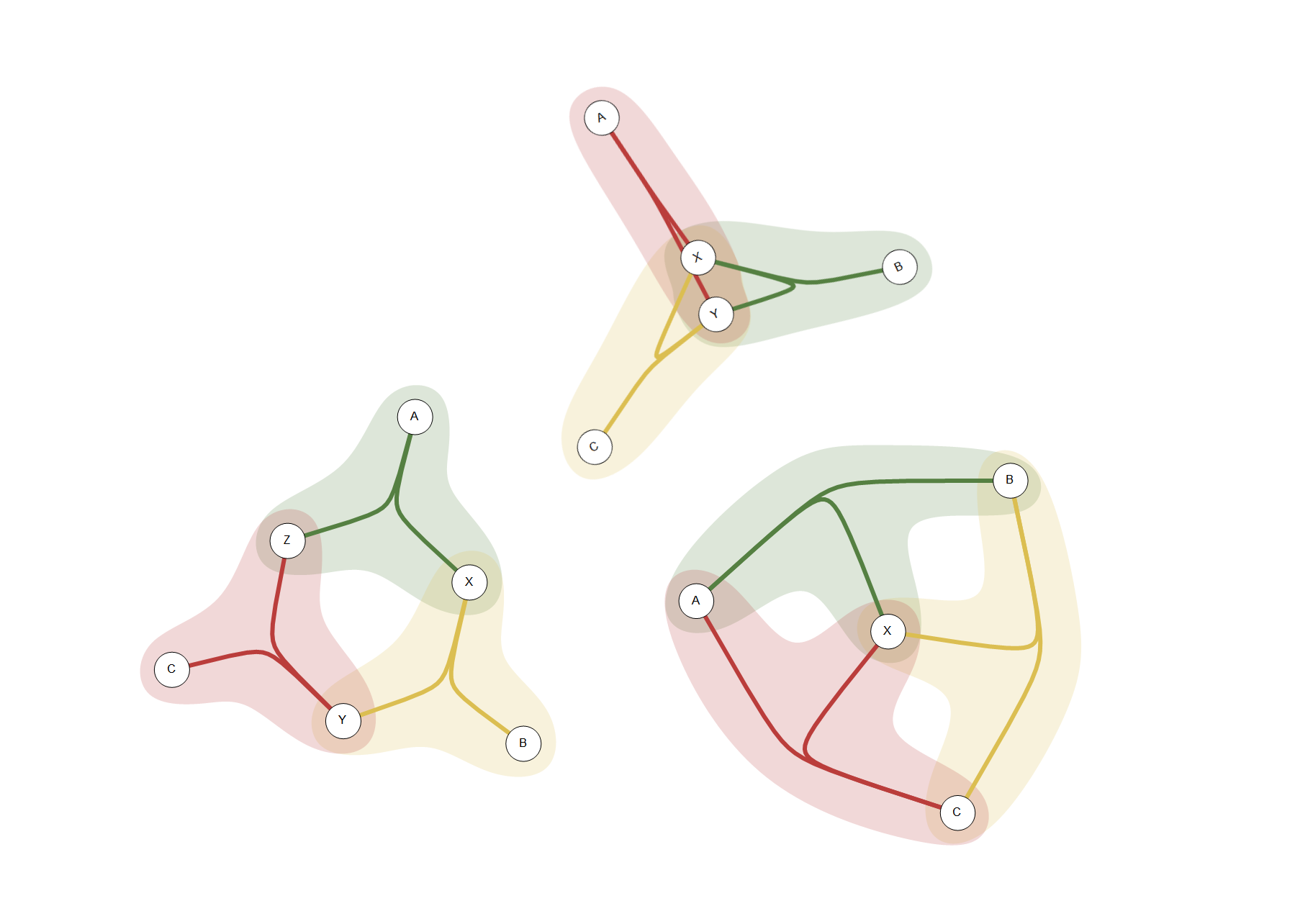Alumni

Bio
Carlos was born and raised in Alicante, in the south-eastern coast of Spain, supported by his loving parents Ana and Paco and together with his younger sisters and close friends. He grew up next to the sea, with early interest in dinosaurs, astrophysics and cinema. Some franchises that greatly influenced him artistically during his formative years were Star Wars, Jurassic Park, Warhammer and Pokémon. At the age of 12, his father, a hydraulics engineer by training, introduced him to physics in an attempt to appease his persistent inquisitive attitude. This first contact with science and mathematics instilled a firm passion for the rational understanding of the world, broadly understood, into his young mind. During the remaining years of pre-university education, he became determined to pursue a career in theoretical physics and mathematical sciences. Education After completing primary and secondary school at Inmaculada Jesuitas Alicante, he enrolled at the University of Valencia to pursue a degree in physics although it was clear to him that his interests lay somewhere between physics and pure mathematics. Fighting the rigidity of the Spanish university system, he managed to get his first formal training in mathematics at Imperial College London during an Erasmus visit. When he finished his degree, he was fortunate to receive the prestigious La Caixa scholarship, which funded the Part III master’s program at the University of Cambridge. It was there where his formal training in differential geometry and advanced topics of mathematical physics took place. Alongside his mathematical studies in Cambridge, taking advantage of the vibrant early music scene there, he had his first lessons on the harpsichord and about baroque music. This first contact proved to be the beginning of a long and dedicated process to musical training in an attempt to compensate for the lack of instruction during his childhood. He completed his mathematical education with a PhD program at the University of Edinburgh under the supervision of José Figueroa-O’Farrill. Research From his early years of passionate self study of mechanics and calculus to this day, his personal drive has always been to deeply understand the mathematical frameworks in which physical theories operate. A fascination for modern physics inevitably led him to the study of differential geometry. In particular, he has focused much of his attention on the mathematical structure of dynamical theories, common to both classical and quantum mechanics. he has worked with structures such as Lie algebroids, Lie groupoids, Jacobi manifolds, Courant algebroids, etc. In recent years, he has expanded his field of mathematical inquiry to include categorical approaches to the foundations of mechanics; the mathematical formalization of the process of physical measurement relating to the use of units and dimensional analysis; and, more algebraic in nature, the generalization of associative structures in the search for integrations of n-Lie algebras. Besides his mathematical research, he has a strong interest in cognitive science, genetics and evolution theory, and computer graphics and simulation.Project: Into the Ternary World
